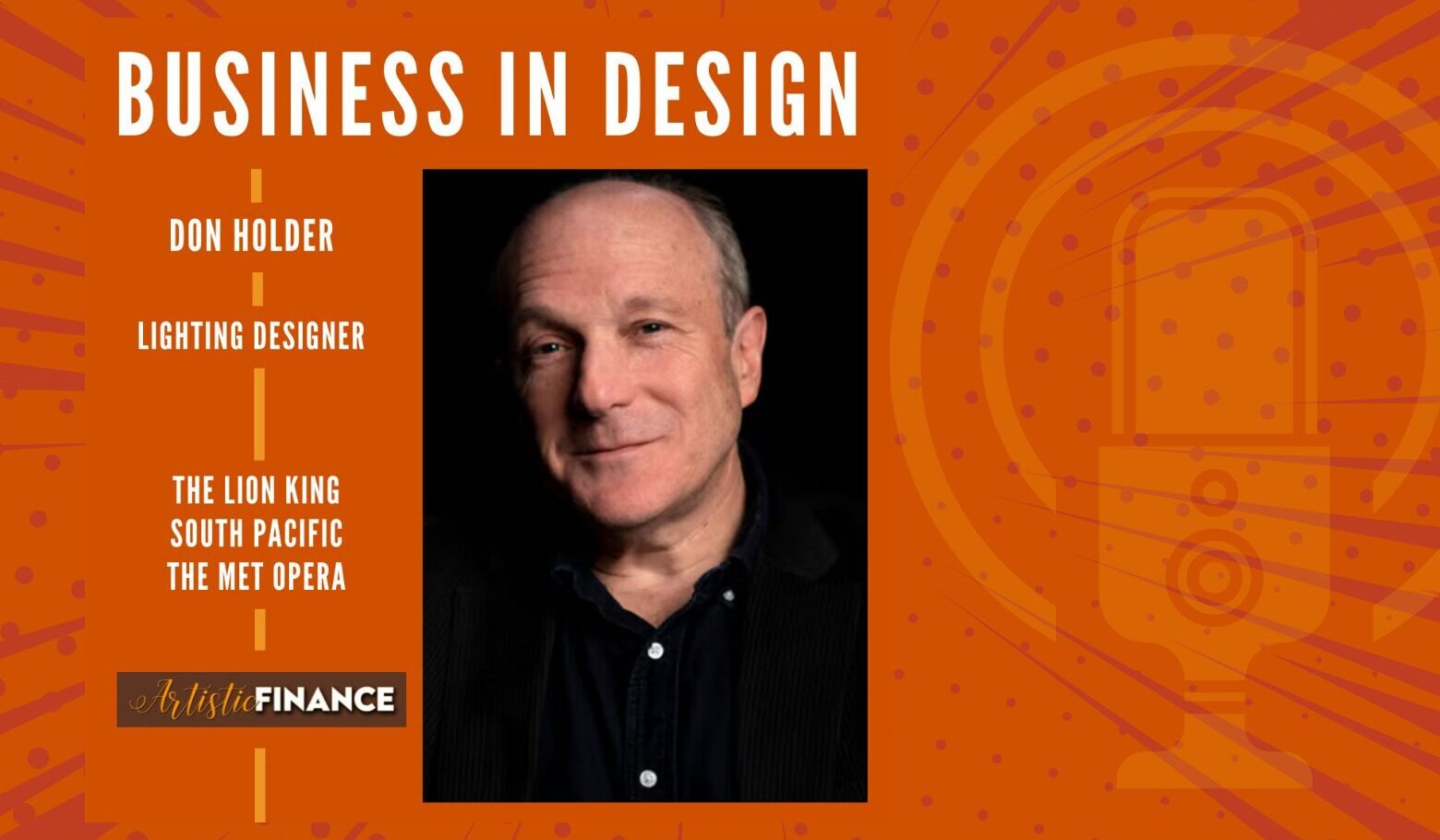Community, Leadership, Experimentation, Diversity, & Education
Pittsburgh Arts, Regional Theatre, New Work, Producing, Copyright, Labor Unions,
New Products, Coping Skills, J-O-Bs...
Theatre industry news, University & School of Drama Announcements, plus occasional course support for
Carnegie Mellon School of Drama Faculty, Staff, Students, and Alumni.
CMU School of Drama
Monday, March 31, 2025
Don Holder: The Business of Lighting Design
StageLync: Don Holder began his career working as an electrician and technical director before transitioning into lighting design. He credits his experience in these roles with providing him a pragmatic perspective on the technical aspects of lighting. His knowledge of how to physically mount and operate lighting equipment gave him an edge when he moved into design. He advises aspiring lighting designers to gain hands-on experience as electricians to understand the fundamentals of stage lighting and better communicate with technicians.
Subscribe to:
Post Comments (Atom)

2 comments:
It’s always heartening to see people advising LDs to get technical experience in order to become better designers, which is a path I am trying to seek out. It’s interesting to compare this idea between different technical theatre disciplines, though—I know some TDs find it frustrating when designers are too caught up in the building process, but in lighting the design and management/tech fields are still pretty close to one another. Holder does acknowledge that having technical experience can limit designers, but is an overall benefit. His advice on financial management and establishing a C-Corp is also interesting—I agree with him that creative education sometimes skimps on the inclusion of financial education but it’s a necessary component regardless. It’s also a little funny to me that one of Holder’s backup careers was to become an air traffic controller. This podcast seems interesting—I’ll have to check out the full episode!
This is a really motivating article coming from an electrician who wants to work as a lighting designer and seeing someone else recommend this path is incredibly reassuring. I’ve been told by countless people that people will often see you as an electrician and not want to hire you as a designer which is true and awful that it happens. But it’s not the only barrier like that and you will face it no matter what path you take. The barrier between assistant designer and associate designer is the same way and even worse the barrier between associate lighting designer and lighting designer. There’s a few people that I know who’ve been working on countless shows as an associate designer and haven’t crossed that line yet over to lighting designer. They’re barriers simply because people see you in a position and think of you as that position. But over time you can work your way over it, you have to get lucky but it goes the same for any path you take.
Post a Comment